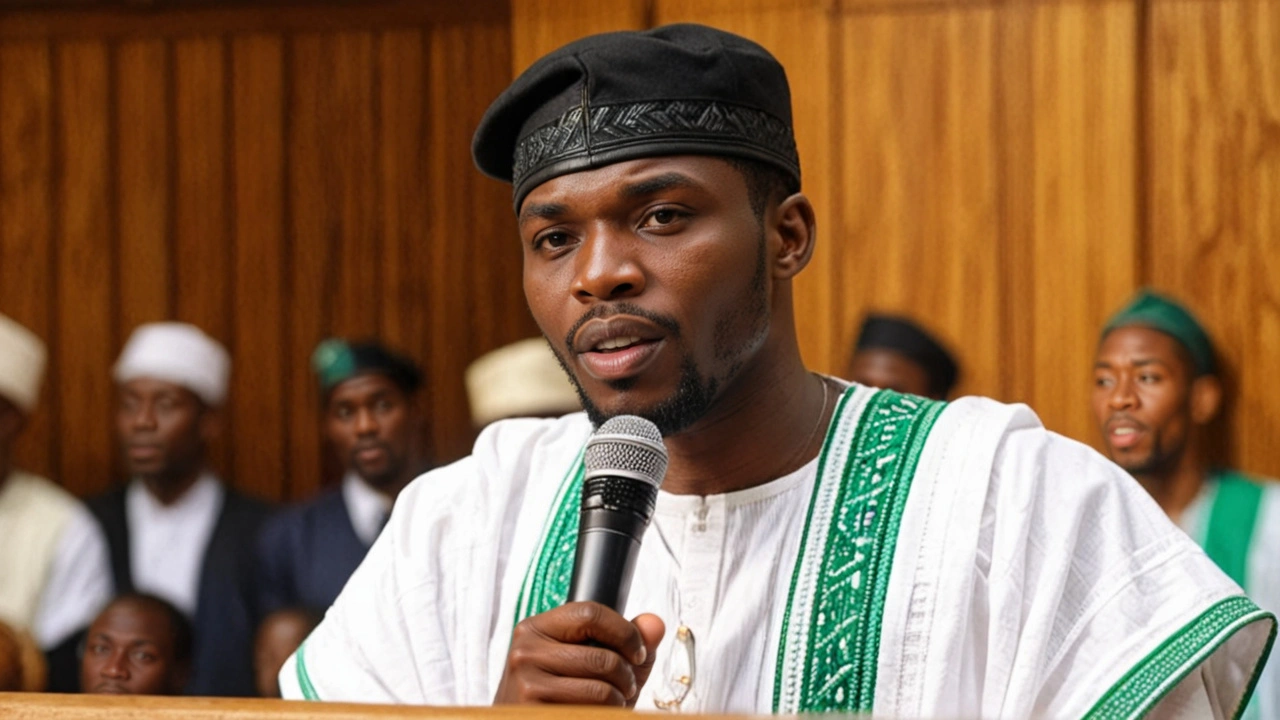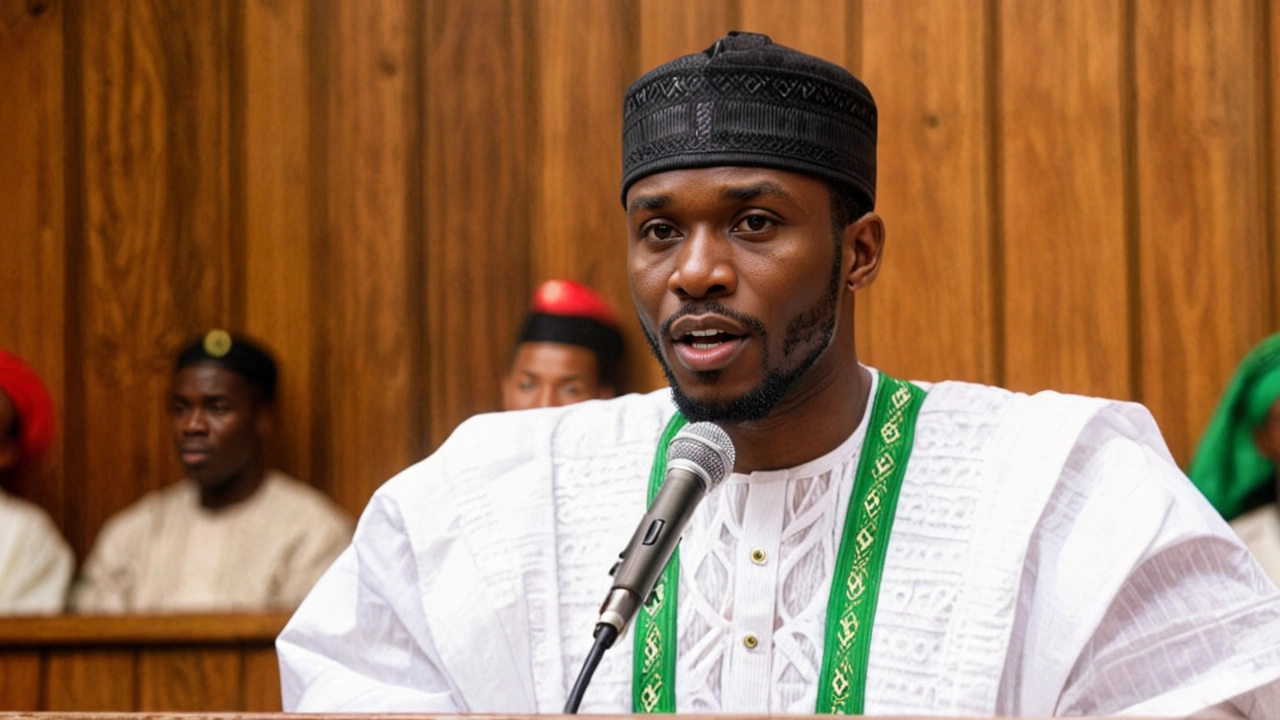Former Power Minister Faces Trial For N33 Billion Fraud
The Nigerian judicial system finds itself in the international spotlight as it grapples with a high-stakes case involving former Minister of Power, Saleh Mamman. The seasoned political figure now stands accused of orchestrating an intricate scheme that reportedly siphoned off N33 billion. This case unfolds amidst a chorus of public opinion and palpable tension, reflecting Nigeria's ongoing battle against corruption within its governance systems. Mamman's tenure, under the leadership of former President Muhammadu Buhari, was marked by several key infrastructural projects and significant policy decisions. However, these political contributions are now overshadowed by the gravity of the accusations he confronts.
Accusations and the Government's Case
The allegations against Mamman are sweeping and severe. Prosecutors are meticulously piecing together a narrative that they hope will cement his culpability in the eyes of the court. According to the prosecution, Mamman played a central role in malfeasance during his term, manipulating funds aimed at national power infrastructure. These funds, intended to bolster a sector plagued by inefficiencies and rampant underdevelopment, allegedly found their way into personal coffers, thus igniting national outrage.
The government's case against Mamman comes at a crucial time for Nigeria. The nation's commitment to rooting out corruption has been in question, with this trial posing an opportunity to reinforce a zero-tolerance stance against corrupt practices. A successful prosecution could resonate through various layers of administrative and political systems, sending a robust message about accountability.
The Courtroom Drama
Saleh Mamman’s court appearances have been anything but routine. Recent reports have indicated a dramatic turn of events as Mamman reportedly collapsed in court, adding a layer of unpredictability and human interest to the proceedings. While details behind his collapse remain speculative, it positively highlights the intense pressure on those embroiled in such high-profile cases. The remand order issued by the court aligns with procedures for cases involving severe allegations where an individual's actions post-allegation could potentially influence judicial fairness.
Legal analysts suggest that remanding Mamman in prison may help expedite the legal process by ensuring his availability for subsequent hearings and preventing potential interference with case evidence. For Mamman, this means an extended period in a facility far removed from the powerful ministerial office he once occupied. For public observers, it fuels a complicated mix of schadenfreude and concern for due judicial process.

Public Reactions and Broader Implications
The Nigerian public has followed Mamman's case with a blend of fascination and frustration. The figures involved, a staggering N33 billion, resonate deeply amidst widespread economic challenges and perceptions of longstanding corruption within government ranks. Public sentiment reflects both a yearning for justice and an urgency for systemic reforms which extend beyond high-profile cases and into everyday governmental operations.
Political analysts underscore how this trial could be a turning point. Should the judiciary navigate this case to a conclusion perceived as fair and balanced, it can lend significant boost to Nigeria's anti-corruption image globally. Conversely, any missteps or perceived leniency might reinforce skepticism about the effectiveness of anti-corruption campaigns and judicial independence.
The Broader Fight Against Corruption
Saleh Mamman’s legal battle casts a wider lens on Nigeria’s persistent struggle against corruption. Over decades, successive administrations have pledged to combat graft, only for new scandals to emerge and public confidence to wane. Buhari’s administration, noted for a tough stance on corruption, now witnesses one of its own reflecting the ongoing challenges within the campaign promises.
The case also draws attention to the state of Nigeria's power sector. Persistent corruption allegations amidst infrastructural decay have left many citizens disillusioned with development promises. Investments intended to enhance electricity supply, which could potentially transform daily life and economic prospects, have repeatedly found dubious pits. Mamman’s trial thereby interlinks with broader developmental challenges prompting discourse on governance, transparency, and institutional overhaul.

A Trial to Watch
As Mamman’s trial proceeds, it stands as a significant barometer for Nigeria’s judicial rigor and political will towards meaningful reforms. It exemplifies the complexities of rooting out corruption within deeply entrenched systems and the human costs tied to prominent figures ensnared in such legal battles. The court's decisions in this high-profile saga are bound to reverberate, both within Nigeria and on the international stage, influencing perceptions of the country's integrity and developmental trajectory.
For now, all eyes remain fixed on the courtroom, where judicial processes, public sentiment, and political legacies converge in the telling proceedings against Saleh Mamman.
